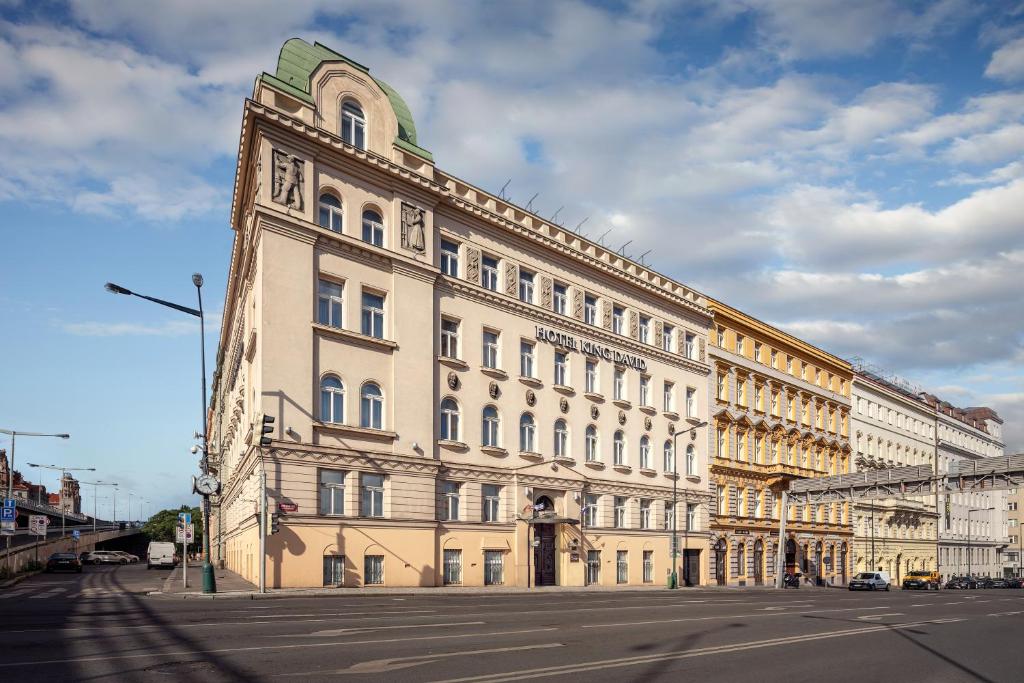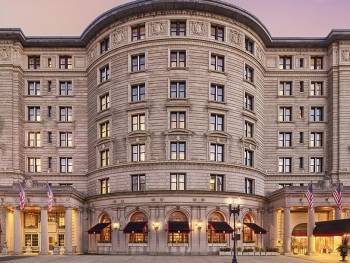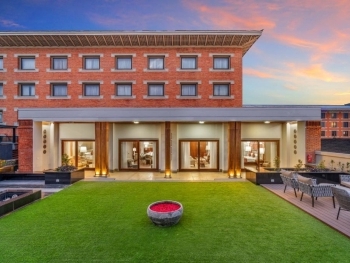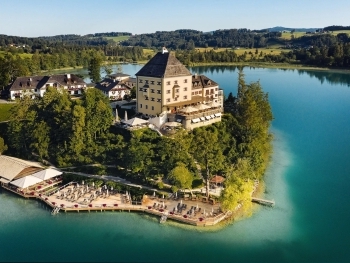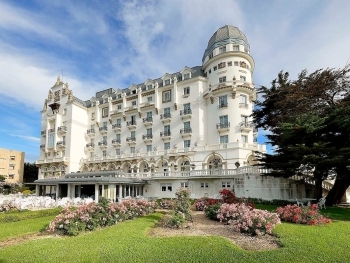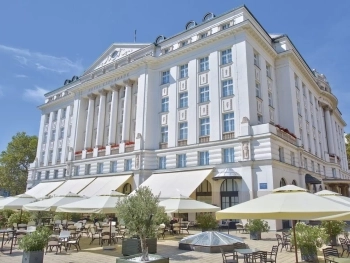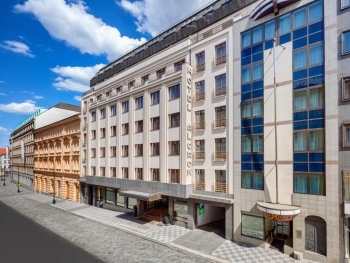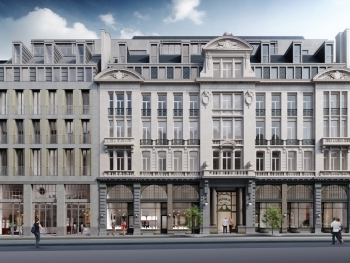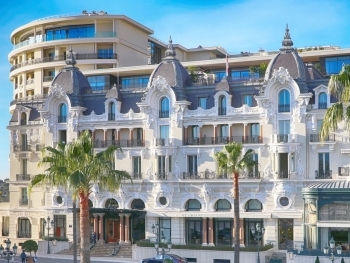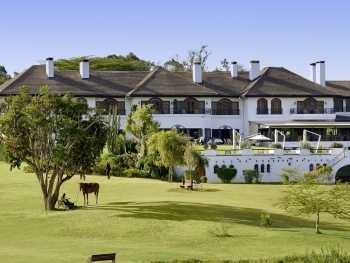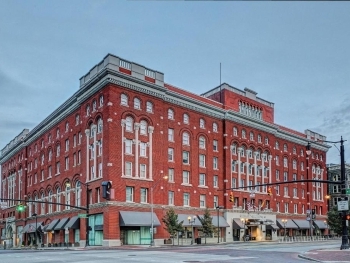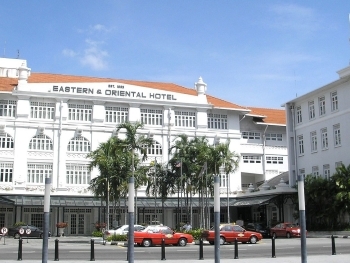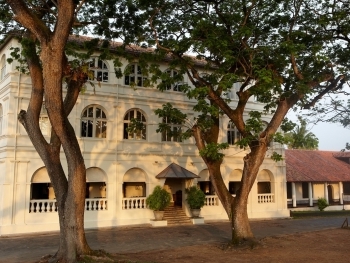The King David Hotel, an emblem of luxury and historical significance, stands proudly in the heart of Jerusalem. Renowned for its rich history, exquisite architecture, and distinguished guests, the hotel has played a pivotal role in the city's social, political, and cultural narrative. This article delves into the fascinating journey of the King David Hotel, exploring its origins, historical events, architectural grandeur, and its status as a symbol of elegance and heritage in Jerusalem.
Origins and Construction
Early Vision
The inception of the King David Hotel dates back to the 1920s when Palestine was under British Mandate rule. A group of wealthy Egyptian Jewish businessmen, led by Ezra Mosseri, envisioned a luxurious establishment that would cater to the affluent and dignitaries visiting the Holy City. Their vision was to create a hotel that combined Western luxury with Eastern charm, encapsulating the spirit of Jerusalem.
Architectural Splendor
The architectural design was entrusted to Swiss architect Emil Vogt, who drew inspiration from the grandeur of oriental palaces. The construction began in 1929 and was completed in 1931. The hotel's exterior, crafted from pink limestone, blends harmoniously with the ancient stones of Jerusalem. Its interior showcases a blend of European elegance and Middle Eastern motifs, featuring lavish chandeliers, intricate woodwork, and ornate furnishings.
Historical Milestones
World War II and the British Mandate
During the British Mandate, the King David Hotel became the administrative and military headquarters of the British authorities. This period was marked by intense political tensions and conflict between Jewish underground movements and the British administration. The most significant and tragic event in the hotel's history occurred on July 22, 1946.
The 1946 Bombing
The Irgun, a Zionist paramilitary organization led by Menachem Begin, orchestrated a bombing targeting the southern wing of the hotel, which housed the British administrative offices. Disguised as Arab workers, members of the Irgun planted explosives in milk churns and detonated them, resulting in the collapse of the southern wing. The attack killed 91 people and injured 45, causing international outrage and significantly impacting the course of the British Mandate in Palestine.
Post-Independence Era
Following the establishment of the State of Israel in 1948, the King David Hotel transitioned from a symbol of colonial power to a prestigious landmark in the nascent Israeli state. It hosted numerous dignitaries and played a central role in diplomatic events. The hotel continued to be a witness to history, accommodating world leaders, celebrities, and royalty.
Architectural Features and Renovations
Grand Design
The King David Hotel's architecture is a harmonious blend of historical grandeur and modern luxury. The façade, adorned with arches and balconies, reflects a blend of neoclassical and oriental styles. The hotel's lobby, with its high ceilings, grand chandeliers, and marble floors, exudes an air of timeless elegance.
Luxurious Interiors
The interior design is a testament to opulence and sophistication. The rooms and suites are tastefully decorated, offering breathtaking views of the Old City and Mount Zion. The King David Suite, the hotel's most prestigious accommodation, boasts luxurious amenities, including a private terrace, a grand piano, and original artworks.
Renovations and Modernization
Over the decades, the hotel has undergone several renovations to maintain its status as a premier luxury destination. In the 1980s, an extensive refurbishment project modernized the facilities while preserving the historical essence. Recent renovations have focused on enhancing guest comfort with state-of-the-art amenities, including advanced security systems and luxurious spa services.
Cultural and Diplomatic Significance
Hosting Dignitaries
The King David Hotel has welcomed an array of distinguished guests, from heads of state to Hollywood stars. Notable guests include King George V, Winston Churchill, Elizabeth Taylor, and Richard Nixon. The hotel's reputation as a meeting place for world leaders has cemented its status as a diplomatic hub in Jerusalem.
Cultural Contributions
Beyond its political significance, the King David Hotel has contributed to Jerusalem's cultural landscape. It has hosted numerous cultural events, exhibitions, and performances, enriching the city's artistic heritage. The hotel's gardens and terraces provide a serene setting for concerts and social gatherings, making it a vibrant cultural venue.
The King David Hotel Today
Modern Luxury
Today, the King David Hotel continues to uphold its legacy of luxury and elegance. Managed by the Dan Hotels chain, it remains one of Israel's top hotels, offering unparalleled service and amenities. The hotel's restaurants, including the famous La Regence, serve gourmet cuisine that attracts both guests and locals.
Symbol of Heritage
The King David Hotel stands as a symbol of Jerusalem's rich heritage and historical resilience. Its storied past, coupled with its commitment to excellence, makes it a beloved institution in the city. The hotel not only preserves the legacy of its founders but also embraces the future with a spirit of innovation and hospitality.
The King David Hotel is a historical monument that encapsulates the essence of Jerusalem. From its origins as a vision of opulence to its role in pivotal historical events, the hotel has woven itself into the fabric of the city's history. As it continues to welcome guests from around the world, the King David Hotel remains a beacon of elegance, heritage, and timeless charm in the heart of Jerusalem.
